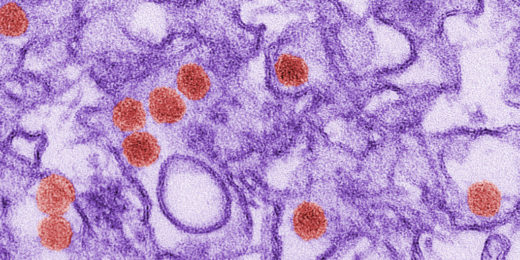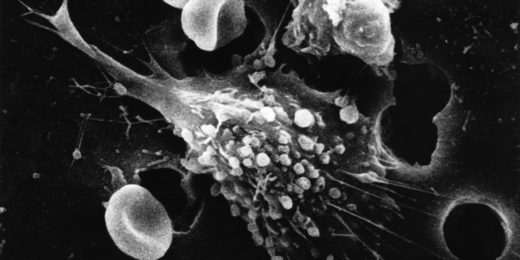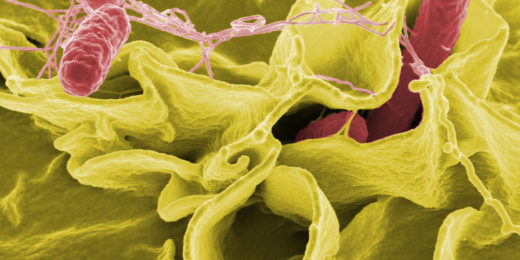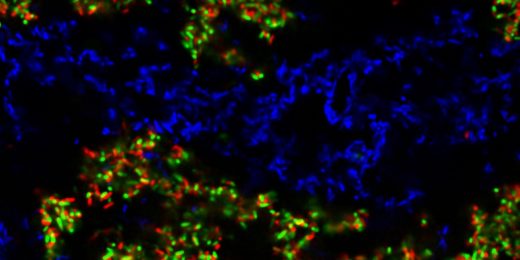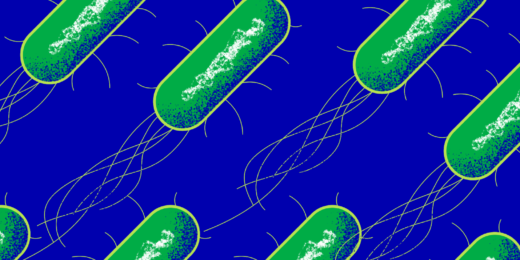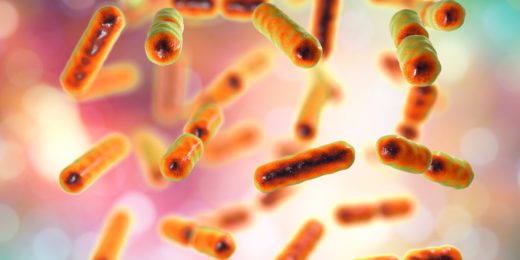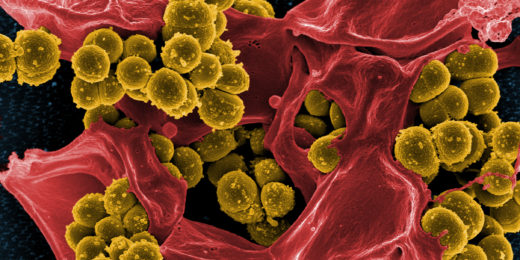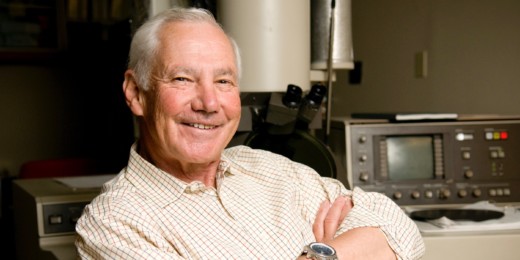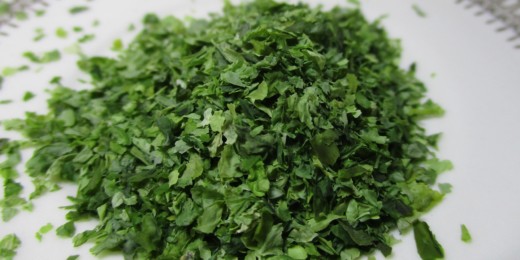New research examines how Zika viruses enter cells and shows that their behavior is different than that of some related viruses.
Category: Cellular & Molecular Biology
Changes in Himalayan gut microbiomes linked to diet
Changes in gut bacteria composition are correlated with the transition from hunting and gathering to farming, a new Stanford study shows.
Your gut-microbial ecosystem is a pharmaceutical cornucopia
Your trillions-strong ecosystem of gut microbes, in addition to its many other responsibilities, operates as a homespun pharmaceutical factory.
Celebrating Lucy Shapiro, from artist to award-winning developmental biologist
A profile by The Scientist of Lucy Shapiro, PhD, highlights her career and the passions that guided her groundbreaking scientific research.
The stop and go of the cell cycle: Research reveals an important checkpoint
Stanford scientists have discovered the signaling pathway responsible for making sure all DNA is replicated before cell division can occur.
How your cells can die: The good, the bad, and the leaky
Your cells can die in several ways, and that's not necessarily a bad thing. This piece explains four types of cell death.
Some gut bacteria protect against Salmonella, new research suggests
Propionate molecules made by intestinal bacteria inhibits growth of Salmonella and may be a promising new treatment for gut infections.
Stitching single cells together any which way you want to
What if you could stitch together single cells any way you wanted to? Potential medical and even industrial applications abound.
Cell membrane’s importance offers new strategy to fight infections
Found in about half of all bacterial species, the cell membrane that surrounds the cell wall may be more critical for survival than previously thought.
New Stanford algorithm could improve diagnosis of many rare genetic diseases
Today, diagnosing rare genetic diseases requires slow, educated guesswork, but a team of Stanford experts is automating the process.
The future of the microbiome: A conversation
In an interview, Stanford bioengineer Michael Fischbach discussed the growing knowledge of the bacteria in our bodies and what that means for the future of medicine.
Lay off the laxatives — even a short bout of diarrhea can ruin your gut microbes’ month
In each of our abdomens sit trillions of microbes, but a bout of diarrhea can induce a lasting round of gut-bug disruption, new research indicates.
New study observes tuberculosis bacteria attacking antibiotics
Researchers have used an ultrafast, intense X-ray laser to observe how Mycobacterium tuberculosis bacteria attack antibiotics, making the drugs ineffective.
Bad bug’s Achilles heel: New drug targets identified for S. aureus
A hitherto unheralded set of telltale enzymes may prove to be perfect targets for shooting down a gang of nasty bacterial pathogens collectively called S. aureus.
Stanley Falkow, microbe hunter, dies at 84
Renowned microbe enthusiast Stanley Falkow has died at 84. Falkow was known for his generosity, wit and remarkable scientific acumen that led to the founding of the modern field of bacterial pathogenicity — the study of how bacteria cause human disease.
Diet can be used to adjust microbiome composition, new study suggests
The composition of the microbiome can be adjusted by pairing bacterial species with their favorite foods, a new Stanford Medicine study suggests.


